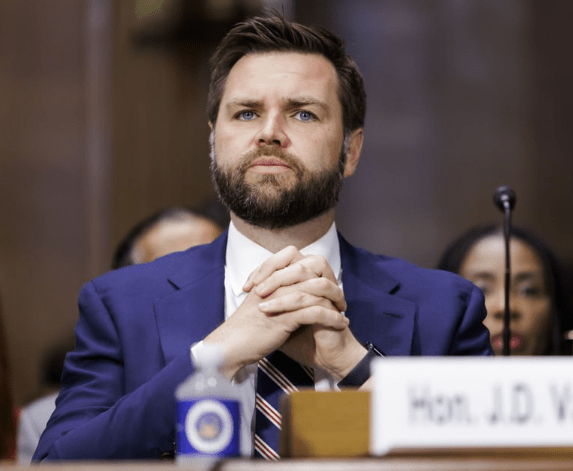Cambridge professor and JD Vance confidant Dr James Orr claims the UK prosecutes more free speech cases than Putin’s Russia
A senior academic from Cambridge University has sparked fresh controversy by suggesting the United Kingdom is tougher on free speech than Vladimir Putin’s Russia.
Dr James Orr, an associate professor in the philosophy of religion and a long-time friend and advisor to US Vice President JD Vance, made the provocative claim while defending Vance’s stance on declining civil liberties in Europe.
Speaking in reference to the current state of public discourse and legal constraints in the UK, Dr Orr stated: “More people have got into trouble in the UK for free speech offences than in Vladimir Putin’s Russia.”
His comments follow Mr Vance’s recent appearance at the Munich Security Conference, where he criticised several European governments — including the UK — for what he described as abandoning core democratic values. Migration and freedom of speech were at the heart of his concerns.
“European governments, including the UK’s, had retreated from their values and ignored voter concerns on migration and free speech,” Vance said during the conference.
The remarks have raised eyebrows, not least because Russia ranks 171 out of 180 in the 2025 World Press Freedom Index. The country is known for its harsh treatment of dissenters, with numerous anti-war protesters imprisoned or silenced by state-controlled courts.

In contrast, while the UK has seen an uptick in legal actions related to offensive speech, including social media posts and protests, the justice system remains fundamentally different from that of Russia.
Still, the implication that Britain, a longstanding democracy, could be outpacing an authoritarian regime in prosecuting speech has rattled political observers.
Dr Orr’s remarks are likely to fuel ongoing debates around the UK’s freedom of expression laws. Critics argue that vague hate speech legislation and online regulation are being weaponised to stifle debate. Supporters of the current laws insist they are crucial in protecting vulnerable communities from abuse and incitement.
The government’s controversial Online Safety Act, for example, has divided opinion. Free speech advocates argue it’s a step too far. Lawmakers insist it strikes the right balance between liberty and accountability.
Meanwhile, Mr Vance’s comments in Munich signal a growing concern among populist figures in the West that traditional democracies are drifting from their founding principles.
The claim by JD Vance’s so-called “British Sherpa” has ignited a fierce discussion on the state of free speech in the UK. Comparing Britain to Russia on this issue was always going to provoke. Whether the facts support that view or not, it has undeniably put civil liberties back in the spotlight.
As the UK navigates a new era of digital speech regulation, the debate over what counts as protected speech — and what crosses the line — is far from over.






